Anaemia
How to submit an article:
- Registered users can submit any published journal article that has a unique DOI (Digital Object Identifier) name or link to Research Hub.
- For example, you can paste the full DOI link:
https://doi.org/10.1109/5.771073or just the DOI name:10.1109/5.771073into the field above and click submit. - The person who is first to submit a valid article to Research Hub will forever be credited for it, and every article submission earns you +6 Research Points.
Also known as: Anemia
Published research studies are articles that present the findings of original research that has undergone a peer-review process and has been made publicly available in scholarly journals, books or other media.

Jian-Pi-Yi-Shen formula restores iron metabolism from dysregulation in anemic rats with adenine-induced nephropathy
2023 Aug Journal of Ethnopharmacology Li C, Huang H, Wang R, Zhang C, Huang S, Wu J, et al.
Experimental Study Animal Study Jian Pi Yi Shen Formula Chronic Kidney Disease AnaemiaThe herbal decoction Jian-Pi-Yi-Shen reduces symptoms of chronic kidney disease and anaemia by improving iron metabolism and inhibiting the JAK2-STAT3 signaling pathway.
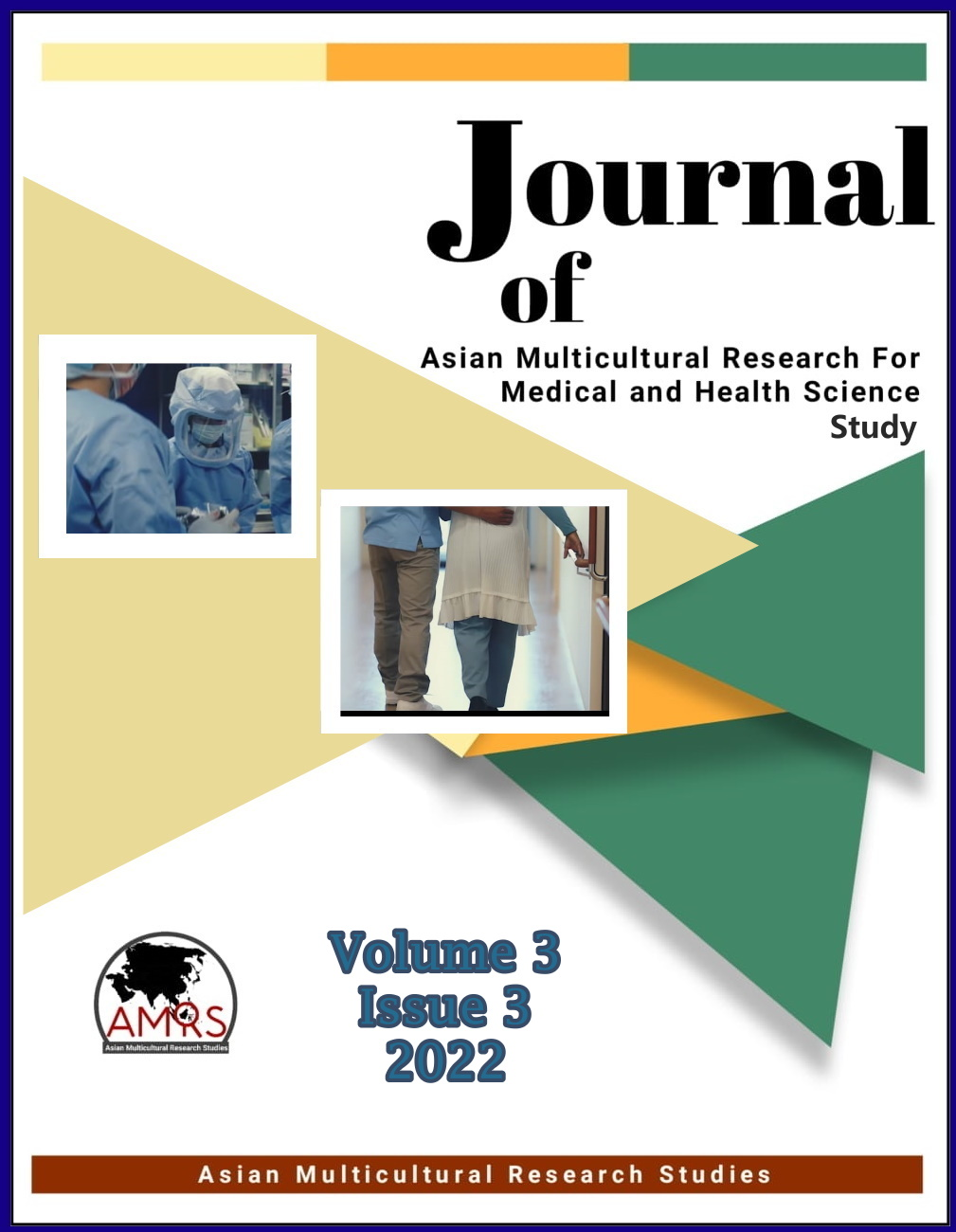
Effect of Honey to Levels Hemoglobin and Levels of 8-Hydroxy-2-Deoxyguanosin (8-Ohdg) in Pregnant Women with Anemia
2022 Aug 04 Journal of Asian Multicultural Research for Medical and Health Science Study A A, Astuti A, Leli L, Saad R
Randomised Controlled Trial Honey Anaemia Pregnancy HaemoglobinHoney, combined with Iron (Fe), effectively enhances hemoglobin levels and reduces oxidative stress markers in anemic expectant mothers.
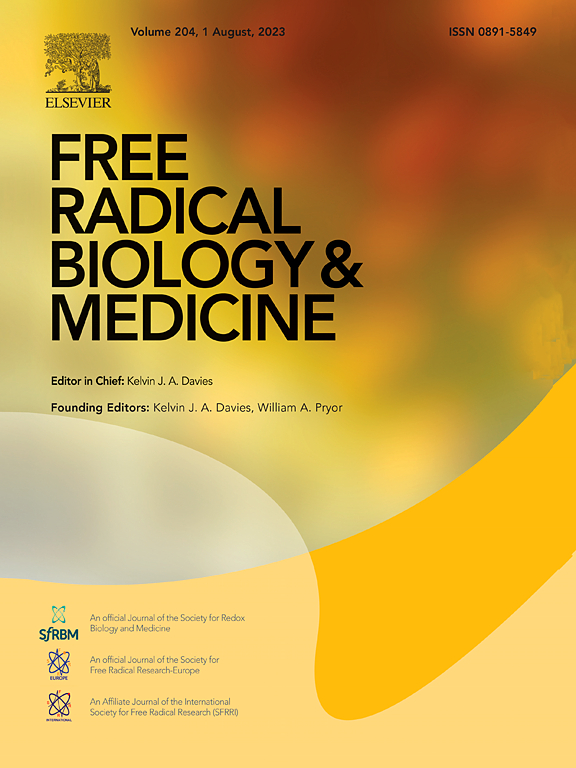
Black pepper prevents anemia of inflammation by inhibiting hepcidin over-expression through BMP6-SMAD1/ IL6-STAT3 signaling pathway
2021 May Free Radical Biology and Medicine Banerjee S, Katiyar P, Kumar L, Kumar V, Saini SS, Krishnan V, et al.
Experimental Study Anaemia Black Pepper HepcidinBlack pepper and its major component, piperine, can effectively regulate anemia of inflammation by reducing the overexpression of hepcidin, a hormone that controls iron levels.

Iron deficiency without anaemia: a diagnosis that matters
2021 Mar Clinical Medicine Al-Naseem A, Sallam A, Choudhury S, Thachil J
The review concludes that IDWA is poorly recognized by clinicians despite its high prevalence, emphasizes the importance of iron sufficiency during pregnancy, highlights the need for preoperative correction of IDWA to reduce transfusion and postoperative anaemia risk, and recommends oral iron as the first-line treatment, with intravenous supplementation in specific situations.
Review Article
A Review of Edible Jujube, the Ziziphus jujuba Fruit: A Heath Food Supplement for Anemia Prevalence
2020 Nov 26 Frontiers in Pharmacology Chen J, Tsim KWK
Review Article Jujube Anaemia Iron ErythropoietinFlavonoids from jujube have been found to stimulate the expression of erythropoietin (EPO), a hormone stimulating blood production.
Recent studies have indicated that jujube possesses a wide range of pharmacological activities in nervous system, cardiovascular system, as well as anti-oxidation and anti-cancer properties.
Research insights are moderated by the Research Hub team and offer an at-a-glance overview of interesting research findings.

2023 Journal of Ethnopharmacology
The herbal decoction Jian-Pi-Yi-Shen reduces symptoms of chronic kidney disease and anaemia by improving iron metabolism and inhibiting the JAK2-STAT3 signaling pathway.
Experimental Study Chronic Kidney Disease Jian Pi Yi Shen Formula
Jian-Pi-Yi-Shen formula restores iron metabolism from dysregulation in anemic rats with adenine-induced nephropathy
Li C, Huang H, Wang R, Zhang C, Huang S, Wu J, et al.

2022 Journal of Asian Multicultural Research for Medical and Health Science Study
Honey, combined with Iron (Fe), effectively enhances hemoglobin levels and reduces oxidative stress markers in anemic expectant mothers.
Randomised Controlled Trial Haemoglobin Honey Pregnancy
Effect of Honey to Levels Hemoglobin and Levels of 8-Hydroxy-2-Deoxyguanosin (8-Ohdg) in Pregnant Women with Anemia
A A, Astuti A, Leli L, Saad R

2021 Free Radical Biology and Medicine
Black pepper and its major component, piperine, can effectively regulate anemia of inflammation by reducing the overexpression of hepcidin, a hormone that controls iron levels.
Experimental Study Black Pepper Hepcidin
Black pepper prevents anemia of inflammation by inhibiting hepcidin over-expression through BMP6-SMAD1/ IL6-STAT3 signaling pathway
Banerjee S, Katiyar P, Kumar L, Kumar V, Saini SS, Krishnan V, et al.

2020 Frontiers in Pharmacology
Flavonoids from jujube have been found to stimulate the expression of erythropoietin (EPO), a hormone stimulating blood production.
Review Article Erythropoietin Iron Jujube
A Review of Edible Jujube, the Ziziphus jujuba Fruit: A Heath Food Supplement for Anemia Prevalence
Chen J, Tsim KWK

2020 Frontiers in Pharmacology
Recent studies have indicated that jujube possesses a wide range of pharmacological activities in nervous system, cardiovascular system, as well as anti-oxidation and anti-cancer properties.
Review Article Erythropoietin Iron Jujube
A Review of Edible Jujube, the Ziziphus jujuba Fruit: A Heath Food Supplement for Anemia Prevalence
Chen J, Tsim KWK
Review Articles
Review articles summarise and critically evaluate the current state of research on a specific topic or field by synthesising multiple primary research studies.

Iron deficiency without anaemia: a diagnosis that matters
2021 Mar Clinical Medicine Al-Naseem A, Sallam A, Choudhury S, Thachil J
The review concludes that IDWA is poorly recognized by clinicians despite its high prevalence, emphasizes the importance of iron sufficiency during pregnancy, highlights the need for preoperative correction of IDWA to reduce transfusion and postoperative anaemia risk, and recommends oral iron as the first-line treatment, with intravenous supplementation in specific situations.
Review Article
A Review of Edible Jujube, the Ziziphus jujuba Fruit: A Heath Food Supplement for Anemia Prevalence
2020 Nov 26 Frontiers in Pharmacology Chen J, Tsim KWK
Review Article Jujube Anaemia Iron ErythropoietinFlavonoids from jujube have been found to stimulate the expression of erythropoietin (EPO), a hormone stimulating blood production.
Recent studies have indicated that jujube possesses a wide range of pharmacological activities in nervous system, cardiovascular system, as well as anti-oxidation and anti-cancer properties.

A Review of Edible Jujube, the Ziziphus jujuba Fruit: A Heath Food Supplement for Anemia Prevalence
2020 Nov 26 Frontiers in Pharmacology Jianping Chen and Karl W. K. Tsim
Flavonoid, polysaccharide and triterpenoid within jujube could serve as the potential active ingredients accounting for the aforementioned health benefits. Taken together, these findings provide several lines of evidence for further development of jujube as supplementary products for prevention and/or treatment of anemia.
Review Article Jujube Anemia Anaemia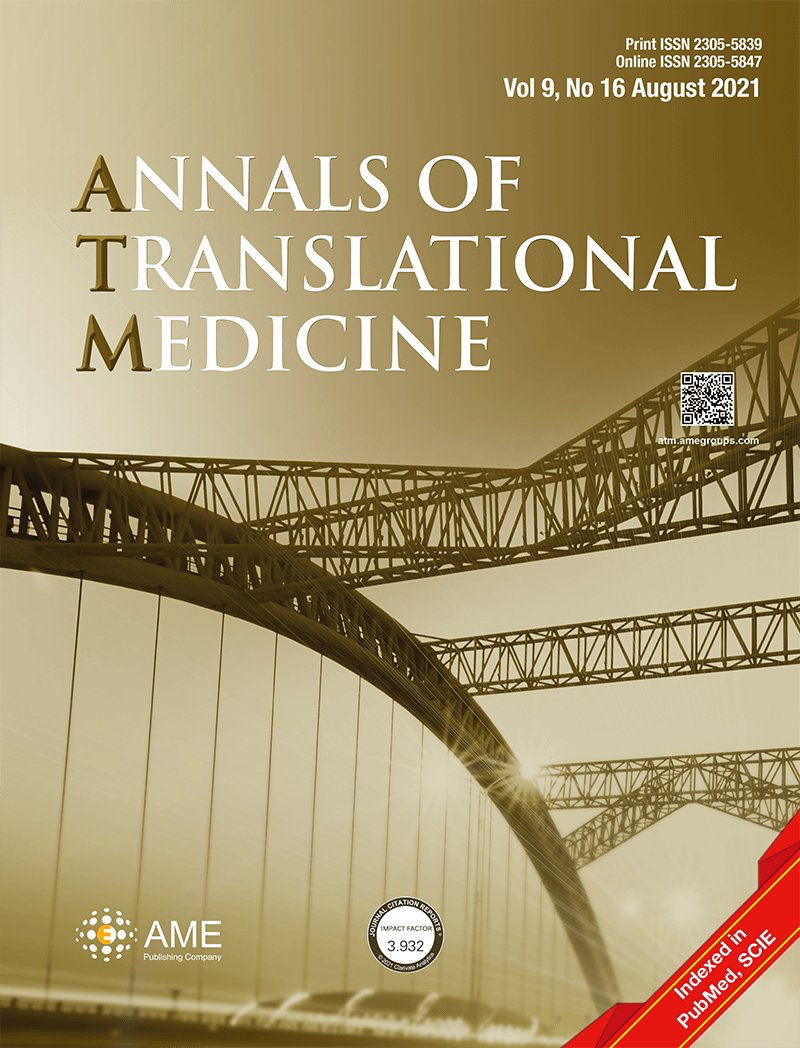
Efficacy and safety of Danggui Buxue Decoction in combination with western medicine treatment of anemia for renal anemia: a systematic review and meta-analysis
2017 Mar Annals of Translational Medicine Zhao MM, Zhang Y, Li LS, Yu ZK, Li B
Danggui Buxue Decoction in combination with conventional western medicine (CWM) for renal anemia might be superior to CWM alone and there was no adverse event in the experimental group, it might be more effective when the ratio of Radix Astragali to Radix Angelicae Sinensis was 5:1. However, the quality of included studies was not high, and less attention was paid to the safety, high quality randomized controlled trials are needed to further confirm the findings.
Systematic Review Meta-Analysis Renal Anemia AnaemiaClinical Trials
Clinical trials are research studies that involve people and are conducted to evaluate the safety and efficacy of new treatments or interventions, such as drugs, medical devices, or behavioural therapies.

Effect of Honey to Levels Hemoglobin and Levels of 8-Hydroxy-2-Deoxyguanosin (8-Ohdg) in Pregnant Women with Anemia
2022 Aug 04 Journal of Asian Multicultural Research for Medical and Health Science Study A A, Astuti A, Leli L, Saad R
Randomised Controlled Trial Honey Anaemia Pregnancy HaemoglobinHoney, combined with Iron (Fe), effectively enhances hemoglobin levels and reduces oxidative stress markers in anemic expectant mothers.
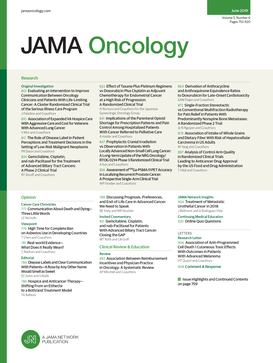
The Efficacy and Safety of Vitamin C for Iron Supplementation in Adult Patients With Iron Deficiency Anemia
2020 Nov 02 JAMA Oncology Li N, Zhao G, Wu W, Zhang M, Liu W, Chen Q, et al.
Among patients with IDA, oral iron supplements alone were equivalent to oral iron supplements plus vitamin C in improving hemoglobin recovery and iron absorption. These findings suggest that on-demand vitamin C supplements are not essential to take along with oral iron supplements for patients with IDA.
Randomised Controlled Trial Vitamin C Anaemia Iron Deficiency AnaemiaStudy Protocols
Published study protocols are detailed plans that outline the objectives, methodology, statistical analyses, and organisation of a research study that have been made publicly available for others to review and use as a reference.
Presentation Slides

Experimental Study
The herbal decoction Jian-Pi-Yi-Shen reduces symptoms of chronic kidney disease and anaemia by improving iron metabolism and inhibiting the JAK2-STAT3 signaling pathway.
Li C, Huang H, Wang R, Zhang C, Huang S, Wu J, Mo P, Yu H, Li S, Chen J

Randomised Controlled Trial
Honey, combined with Iron (Fe), effectively enhances hemoglobin levels and reduces oxidative stress markers in anemic expectant mothers.
A A, Astuti A, Leli L, Saad R

Experimental Study
Black pepper and its major component, piperine, can effectively regulate anemia of inflammation by reducing the overexpression of hepcidin, a hormone that controls iron levels.
Banerjee S, Katiyar P, Kumar L, Kumar V, Saini SS, Krishnan V, Sircar D, Roy P

Review Article
Flavonoids from jujube have been found to stimulate the expression of erythropoietin (EPO), a hormone stimulating blood production.
Chen J, Tsim KWK

Review Article
Recent studies have indicated that jujube possesses a wide range of pharmacological activities in nervous system, cardiovascular system, as well as anti-oxidation and anti-cancer properties.
Chen J, Tsim KWK

Animal Study
Jian-Pi-Yi-Shen, a traditional Chinese medicine, helps treat anemia in chronic kidney disease by stimulating erythropoietin production and regulating iron recycling.
Wang F, Yu H, Huang S, Zheng L, Zheng P, Zhang S, Li S, Chen J
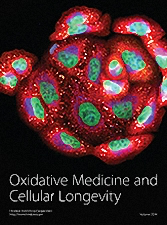
Experimental Study
Angelica Sinensis polysaccharide treatment has been found to effectively alleviate anaemia of chronic disease in rats by inhibiting inflammatory pathways and mobilizing iron.
Wang K, Wu J, Cheng F, Huang X, Zeng F, Zhang Y
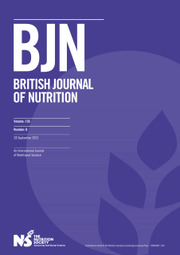
Experimental Study
Black soyabean seed coat extract significantly decreases hepcidin expression, leading to improved iron metabolism and potential treatment for iron-deficiency anaemia.
Mu M, Wu A, An P, Du X, Wu Q, Shen X, Wang F
Executive Summary
Write an executive summary in the form of a blog article on the topic of "Research into Chinese medicine treatment for Anaemia" summarising the research below and using language that can be easily understood by patients and avoiding medical jargon using a professional and caring tone of voice.
Write an executive summary in the form of a blog article on the topic of "Researched Chinese medicine treatments for Anaemia" summarising the research below in an objective and easy to understand way, and using language that can be easily understood by patients. Group the article into Chinese medicine treatments first, followed by nutrition and other treatments. Avoid using medical jargon and use a professional and caring tone of voice.
Write me a concise but easy to understand executive summary on the topic of "Chinese medicine treatments for Anaemia" based on the following research that I will give you. Your summary should be 2 paragraphs long in Australian English spelling and include references to the studies.
A Experimental Study published in 2023 in the journal Journal of Ethnopharmacology found that The herbal decoction Jian-Pi-Yi-Shen reduces symptoms of chronic kidney disease and anaemia by improving iron metabolism and inhibiting the JAK2-STAT3 signaling pathway. Methodology used included an analysis of network pharmacology, chemical profiling, and in vivo experiments on the effect of Jian-Pi-Yi-Shen (JPYS) on renal anemia and chronic kidney disease (CKD). The active compounds in JPYS were detected in in vivo experiment, and their potential targets were predicted by network pharmacology. An animal model of CKD-related anemia was developed using adenine-feeding for further analysis. The estimation of renal injury was conducted using blood tests, histopathological examinations, and fibrosis degree assessment while the levels of JAK2, STAT3 and iron metabolism-related factors were measured through various techniques. Discussion of the results reveals that 164 active ingredients, including prototypes and metabolites in JPYS, were discovered and 21 core targets were identified. Many of these core targets were associated with the JAK2-STAT3 signaling pathways. Experimental results demonstrated that JPYS treatment significantly improved hematological parameters and iron metabolism in CKD rats, decreased certain indicators of renal damage, and suppressed the expression of JAK2 and STAT3.
A Randomised Controlled Trial published in 2022 in the journal Journal of Asian Multicultural Research for Medical and Health Science Study found that Honey, combined with Iron (Fe), effectively enhances hemoglobin levels and reduces oxidative stress markers in anemic expectant mothers. This quasi-experimental study with a pretest-posttest design involved 30 pregnant women divided into two groups: one receiving Fe (Control Group) and the other Honey + Fe (Intervention Group) for 60 days. Blood and urine analyses revealed a remarkable increase in hemoglobin levels in the Honey + Fe group (2.80 ± 0.26 g/dl), surpassing the Fe control group (0.80 ± 0.13 g/dl). Moreover, the Intervention Group demonstrated a notable decrease in 8-Ohdg levels (-4.23 ± 1.32 nmol/ml, p = 0.031), indicating reduced oxidative stress, while the Fe control group exhibited less significant changes (2.98 ± 1.30 nmol/ml, p = 0.322). Independent T Test confirmed the Honey + Fe group's superior effectiveness in increasing hemoglobin levels and decreasing 8-Ohdg levels in anemic pregnant women (p = 0.001 and p = 0.002, respectively). The study underscores the synergistic benefits of honey and iron supplementation in enhancing hemoglobin levels and mitigating oxidative stress among anemic pregnant women. The robust findings, supported by statistical significance, emphasize the potential clinical relevance of incorporating honey into anemia management strategies, offering a more effective approach compared to iron supplementation alone.
A Experimental Study published in 2021 in the journal Free Radical Biology and Medicine found that Black pepper and its major component, piperine, can effectively regulate anemia of inflammation by reducing the overexpression of hepcidin, a hormone that controls iron levels. The study involves a two-tier investigation, first in vitro, and then in vivo. In the laboratory, different black pepper extracts were interacted with a human liver cell line known as HepG2, and the one derived from methanol (BPME) showed the most promising result because it reduced the transcription of the hepcidin gene significantly. In addition to BPME, piperine was proven to almost entirely suppress hepcidin protein expression at specific concentrations. In the subsequent in vivo experimentation, live mice were artificially induced with an elevated level of hepcidin through oil of turpentine injections. Then they were administered with BPME and piperine, the effects of which significantly reduced the enhanced hepcidin expression. The molecular interaction studies further suggest that piperine directly binds with SMAD1 and STAT3 proteins, the critical factors behind the overexpression of hepcidin. The study found a demonstrable downregulation in hepcidin expression with the use of both the methanol extract of black pepper and the bioactive alkaloid piperine. These substances also interacted with some proteins to lower the overexpression of hepcidin initiated by inflammation. Additionally, there was a noticeable increase in iron bioavailability in the liver of treated test animals, pointing to the potential of these compounds to rectify anemia of inflammation. The findings posited black pepper as a possible therapeutic option for managing this anemic condition.
A Review Article published in 2020 in the journal Frontiers in Pharmacology found that Flavonoids from jujube have been found to stimulate the expression of erythropoietin (EPO), a hormone stimulating blood production. Jujube promotes erythropoiesis via activation of hypoxia inducible factor-induced erythropoietin, possesses potential capacity in recycling heme iron during erythrophagocytosis, exhibits bidirectional role in regulating immune response under different conditions, contains numerous minerals including iron.
A Review Article published in 2020 in the journal Frontiers in Pharmacology found that Recent studies have indicated that jujube possesses a wide range of pharmacological activities in nervous system, cardiovascular system, as well as anti-oxidation and anti-cancer properties. Traditionally in China, jujube is considered as a medicinal fruit that is being used in treating blood deficiency. In this review, the beneficial effects of jujubes on the hematopoietic functions are summarized and discussed. As illustrated in cell and animal models, the application of jujube extract possessed beneficial effects, including regulation of erythropoiesis via activation of hypoxia inducible factor-induced erythropoietin, potential capacity in recycling heme iron during erythrophagocytosis and bi-directional regulation of immune response. Thus, the blood-nourishing function of jujube is being proposed here. Flavonoid, polysaccharide and triterpenoid within jujube could serve as the potential active ingredients accounting for the aforementioned health benefits. Taken together, these findings provide several lines of evidence for further development of jujube as supplementary products for prevention and/or treatment of anemia.
A Animal Study published in 2020 in the journal Evidence-Based Complementary and Alternative Medicine found that Jian-Pi-Yi-Shen, a traditional Chinese medicine, helps treat anemia in chronic kidney disease by stimulating erythropoietin production and regulating iron recycling. To investigate the effect of Jian-Pi-Yi-Shen (JPYS), chronic kidney disease (CKD) was experimentally induced in rats using a 5/6 nephrectomy. The rats were then administered JPYS orally in both high and low doses for a period of 90 days. Observations were made regarding the serum hepcidin level to assess iron homeostasis. Additionally, the protein expressions of hypoxia inducible factor-2, erythropoietin, ferritin, ferroportin, and the phosphorylation level of extracellular signal-regulated kinase 1/2 were studied using Western blot analysis. The results showed that JPYS treatment significantly improved kidney function in the CKD rats. Alongside this, pathological kidney damage was found to be significantly restored post-JPYS treatment. The medicine was found to be effective in improving anemia in CKD through the upregulation of red blood cells, hemoglobin, and hematocrit levels. It was also discovered that JPYS stimulates the expressions of erythropoietin and hypoxia-inducible factor-2 proteins in the kidney and liver of the CKD rats, while inducing the phosphorylation of extracellular signal-regulated kinase 1/2 proteins. Furthermore, JPYS was seen to regulate the protein expressions of ferritin and ferroportin in the liver and spleen, as well as in the serum level of hepcidin, suggesting its role in systemic iron recycling.
A Experimental Study published in 2017 in the journal Oxidative Medicine and Cellular Longevity found that Angelica Sinensis polysaccharide treatment has been found to effectively alleviate anaemia of chronic disease in rats by inhibiting inflammatory pathways and mobilizing iron. The study utilized both HepG2 cells and rats suffering from Anemia of Chronic Disease (ACD) to assess the therapeutic efficacy of Polysaccharide. The cells and rats were administered the Polysaccharide, and the researchers observed its impact on two inflammatory pathways: the IL-6/STAT3 and BMP/SMAD. The Polysaccharide administration showed significant effects, inhibiting inflammatory hepcidin in both the cell sample and the rat population. Furthermore, in the rats, the introduction of the polysaccharide triggered an increase in ferroportin expression, which enabled iron to be transported from the liver and spleen, leading to increased serum iron levels. This also led to an elevation of serum EPO and a general relief from the anemia symptoms. Additionally, the treatment inhibited the NF-B p65 activation via the IB kinases-IB pathway, leading to a reduction in interleukin-6 and TNF- secretion - both of which are known to inhibit erythropoiesis. Hence, the study provides evidence for the potential use of polysaccharide as a treatment option for anemia of chronic disease.
A Experimental Study published in 2014 in the journal British Journal of Nutrition found that Black soyabean seed coat extract significantly decreases hepcidin expression, leading to improved iron metabolism and potential treatment for iron-deficiency anaemia. The research employed both in vitro and in vivo experimental designs using cells treated with black soyabean seed coat extract (BSSCE) and 8-week-old male mice fed with a diet containing 2% BSSCE respectively. The study measured the effect of this extract on the expression of hepcidin, which is known to regulate iron homeostasis. In addition to this, its impact on splenic iron concentrations, serum iron concentrations and the phosphorylation levels of specific proteins was assessed. The study found that BSSCE effectively inhibited the expression of hepcidin in both the in vitro and in vivo investigations. The mice given a diet containing BSSCE showed a decrease in hepatic hepcidin expression and splenic iron concentrations, while at the same time, an increase was observed in serum iron concentrations. The BSSCE induced this change through a decrease in the phosphorylation of mothers against decapentaplegic homolog proteins. There were marked increases in erythrocyte counts, hemoglobin concentrations, and hematocrit values in the test mice, indicating improved iron metabolism. This suggest that black soyabean extract has potential in regulating iron metabolism, presenting possibilities for the treatment of hepcidin-related diseases, including iron-deficiency anaemia.
Moderation Tools
Topic
Sign In
Users not signed in are limited to viewing the 5 most recent items of content.